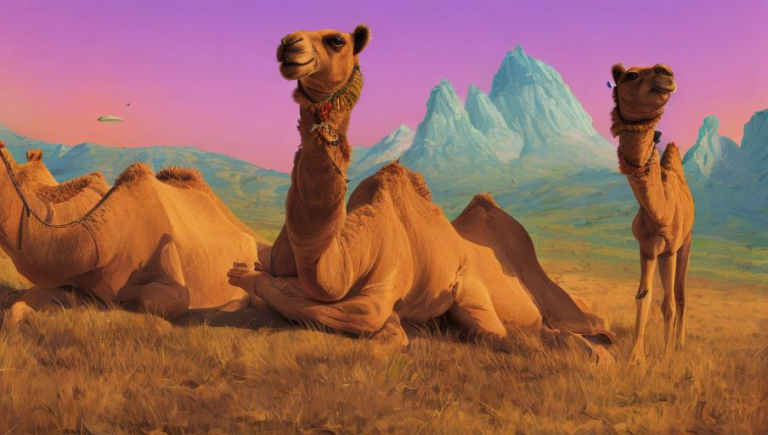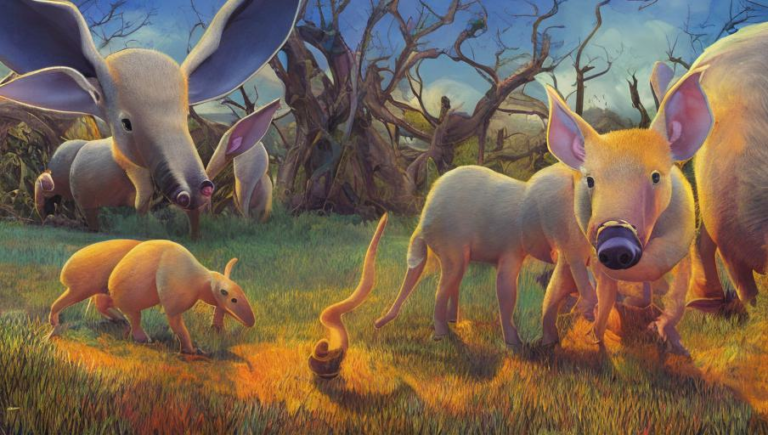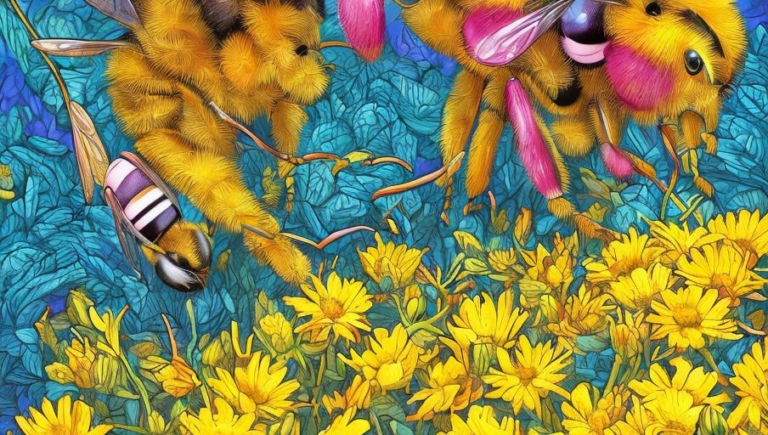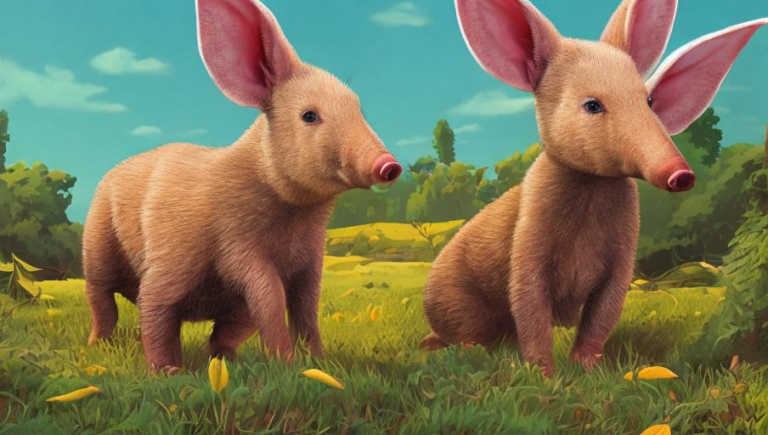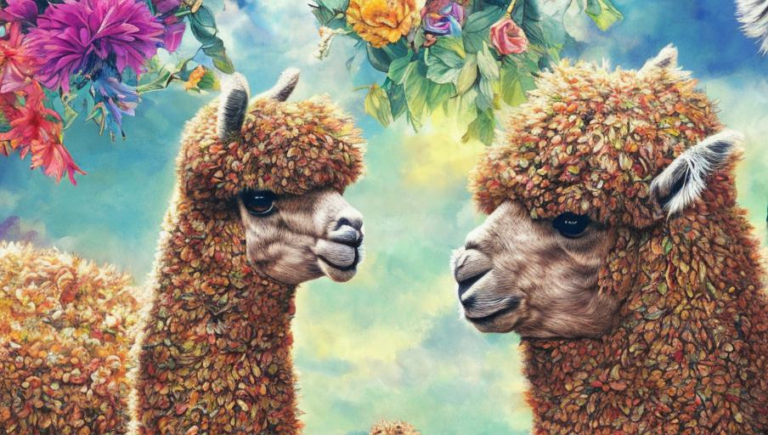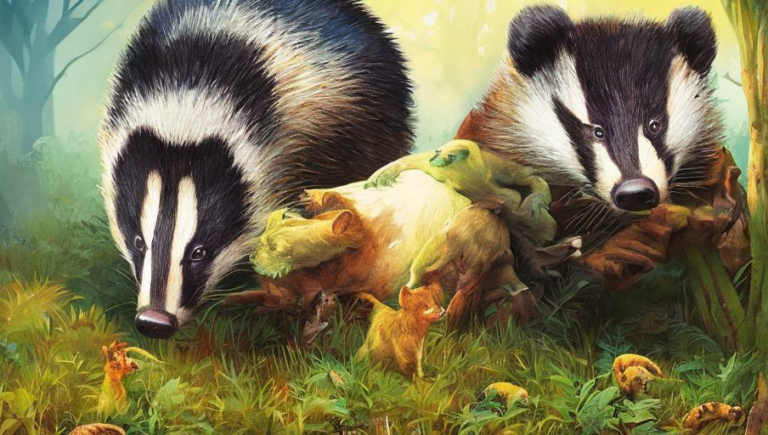Your Chinchilla’s Nutritional Needs
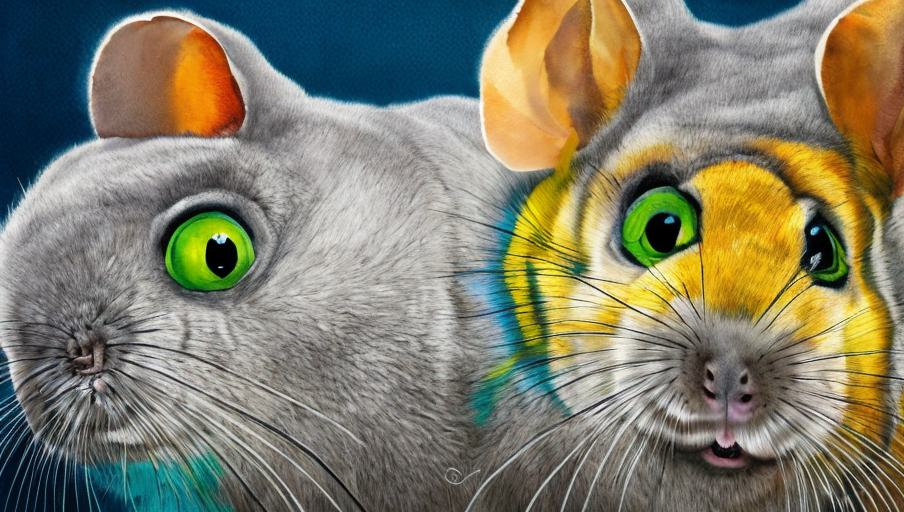
What Do Chinchillas Eat?
Chinchillas are small rodents native to the Andes Mountains in South America. They are herbivores, and their diet consists primarily of hay, fresh vegetables, and specially-formulated food pellets. Chinchillas also love to nibble on fresh fruits and dried fruits, such as raisins, currants, and cranberries.
Nutrients That Chinchillas Need
Chinchillas need a variety of nutrients to stay healthy. The most important nutrients for chinchillas are proteins, fats, carbohydrates, minerals, vitamins, and water. A balanced diet is key for any pet, and chinchillas are no exception.
Proteins are important for chinchillas because they provide the building blocks for tissue growth and repair. Protein-rich foods should make up at least 15% of a chinchilla’s diet. Foods like hay, hay cubes, fresh vegetables, and specially-formulated food pellets are good sources of protein for chinchillas.
Fats are also important for chinchillas because they provide energy, help the body absorb vitamins, and contribute to a healthy coat. Fats should make up at least 3% of a chinchilla’s diet. Foods like hay cubes and fresh vegetables are good sources of fat for chinchillas.
Carbohydrates are essential for chinchillas because they provide energy and fiber. Carbohydrates should make up at least 10-20% of a chinchilla’s diet. Foods like hay, hay cubes, fresh vegetables, and specially-formulated food pellets are good sources of carbohydrates for chinchillas.
Minerals are important for chinchillas because they are essential for proper bone and muscle development. Minerals should make up at least 0.3-0.5% of a chinchilla’s diet. Foods like hay cubes and fresh vegetables are good sources of minerals for chinchillas.
Vitamins are important for chinchillas because they help the body use proteins, carbohydrates, and fats. Vitamins should make up at least 0.2-0.3% of a chinchilla’s diet. Foods like hay cubes and fresh vegetables are good sources of vitamins for chinchillas.
Finally, water is essential for chinchillas because it helps their bodies maintain the proper balance of fluids. Water should make up at least 10-15% of a chinchilla’s diet. Fresh vegetables and hay cubes are good sources of water for chinchillas.
What Not to Feed Chinchillas
Chinchillas should not be fed any sugary or fatty foods, such as candy, chips, or nuts. They should also not be fed any grains or legumes, such as corn, wheat, or beans. Additionally, chinchillas should not be fed any fruits or vegetables that are high in sugar, such as bananas, apples, or carrots.
It is important to remember that a balanced diet is essential for chinchillas. By providing a variety of proteins, fats, carbohydrates, minerals, vitamins, and water, you can ensure that your chinchilla stays healthy and happy.
